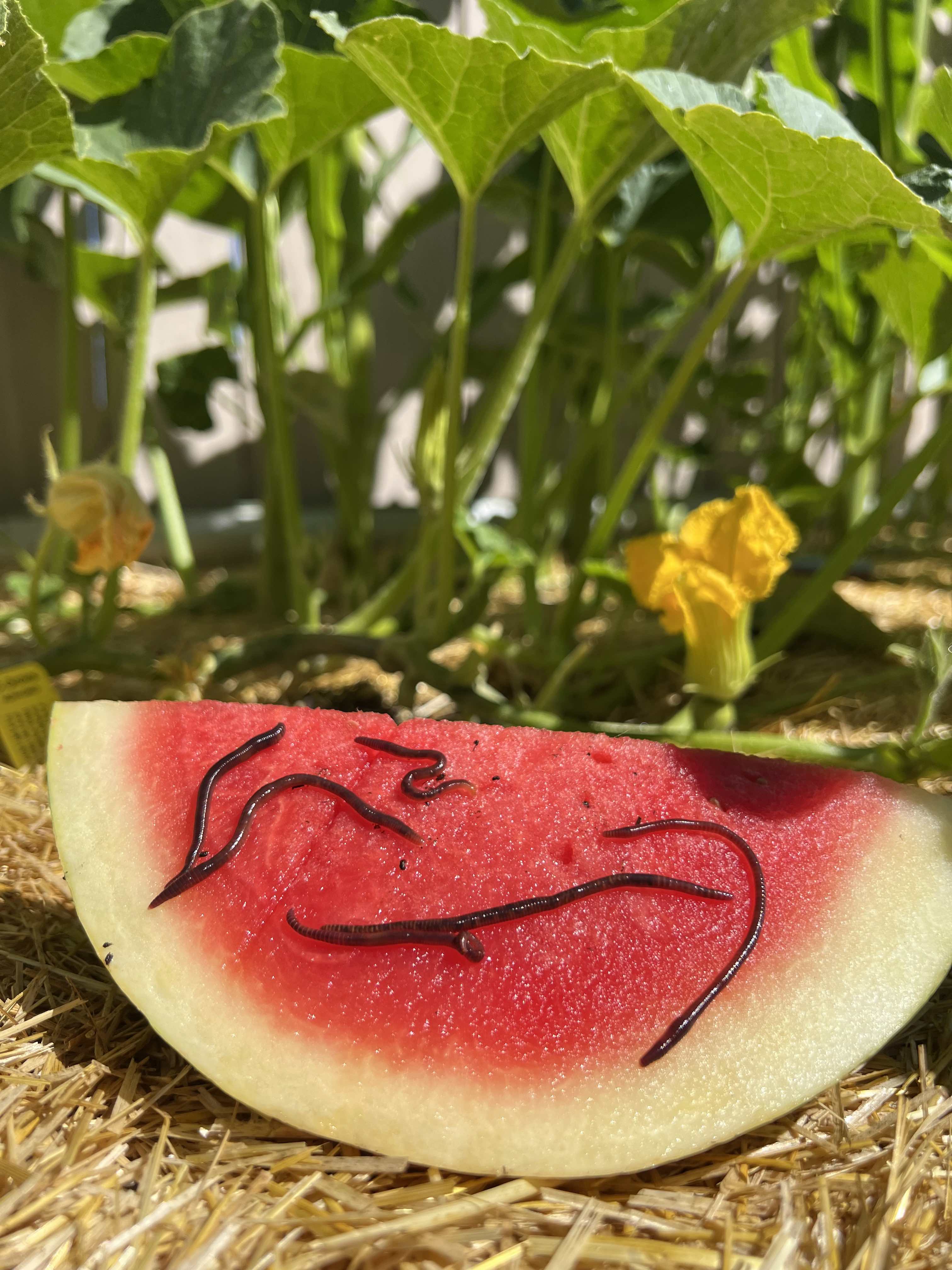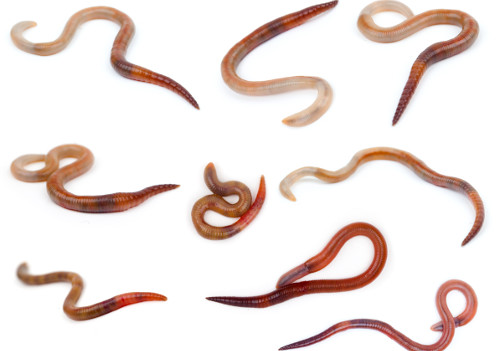Premium High Quality Red Wiggler Worms - Boost Your Yard's Fertility
Premium High Quality Red Wiggler Worms - Boost Your Yard's Fertility
Blog Article
Red Wiggler Worms Demystified: Unlocking the Keys of Vermiculture for Greener Living and Nutrient-Rich Dirt
In the world of lasting practices for enriching dirt quality and advertising eco-conscious living, red wiggler worms play a pivotal yet frequently ignored role. These simple animals possess the amazing capacity to change organic waste into nutrient-rich spreadings that work as a powerful all-natural fertilizer. By delving into the world of vermiculture, one can discover a huge selection of benefits that extend much past standard composting techniques. Comprehending the ins and outs of looking after these worms, maximizing their environment, and utilizing their spreadings can bring about a greener way of life and much healthier dirt for plants to prosper.
The Function of Red Wiggler Worms
Red Wiggler worms play a vital function in composting systems by successfully breaking down raw material right into nutrient-rich castings. These starved eaters eat a selection of organic products, such as cooking area scraps, yard waste, and paper products. As they feed, the worms' digestive processes break down the raw material right into a fine, dark, and nutrient-dense product understood as worm castings or vermicompost.
The spreadings created by Red Wiggler worms are very valuable for dirt wellness and plant growth. They are rich in necessary nutrients like potassium, phosphorus, and nitrogen, which are crucial for sustaining healthy and balanced plant growth. In addition, worm spreadings contain helpful germs and enzymes that help boost soil structure, boost water retention, and enhance nutrient uptake by plants.
Benefits of Vermicomposting

In addition, vermicompost, the nutrient-rich final result of vermicomposting, acts as a superb natural fertilizer and dirt conditioner. It enhances dirt framework, enhances dirt oygenation, and enhances soil wetness retention. These residential properties add to much healthier plants with stronger origin systems and far better resistance to illness and parasites. Vermicompost additionally improves the dirt with necessary nutrients like potassium, nitrogen, and phosphorus, advertising plant growth and overall dirt fertility.
Additionally, vermicomposting assistances lasting gardening techniques by supplying a chemical-free and all-natural option to artificial plant foods. Red Wiggler Worms. This eco friendly strategy not only improves the dirt however also helps in reducing dependence on unsafe chemicals, advertising a greener and more lasting way of gardening
Setting Up a Worm Container
When developing a worm container for vermicomposting, appropriate setup is critical to ensure the success of the composting process. The very first step in setting up a worm container is choosing a suitable container. This can be a plastic container or wood box that provides adequate room for the worms to move and has proper drain holes to stop waterlogging. Next off, a bedding material such as shredded paper, cardboard, or coconut coir ought to be contributed to the container. This bed linens gives a comfortable environment for the worms and aids maintain dampness levels.
After adding the bed linen, present the red wiggler worms to the container. The worms need to after that be provided with food scraps such as fruit and vegetable peels, coffee grounds, and eggshells.
Regularly check the dampness degrees and temperature level in the worm bin to make sure optimal conditions for the worms. With proper setup and maintenance, the worm container will successfully convert natural waste into nutrient-rich garden compost for your plants and garden.
Harvesting Worm Castings
To effectively collect nutrient-rich worm spreadings from your vermicomposting system, a methodical harvesting technique is vital. When it comes time to collect the worm castings, there are a few vital actions to comply with to guarantee an effective procedure.

Troubleshooting Common Issues
Identifying and attending to usual difficulties that may develop during the vermicomposting procedure is important for keeping a productive and healthy worm container. One typical concern that vermicomposters encounter is overfeeding. Adding excess food scraps can bring about a buildup of dampness and level of acidity in the worm bin, potentially harming the worms. To stop this, feed the worms in moderation, ensuring that the food scraps are properly broken down before including much more. An additional concern is undesirable odors rising from the worm container. Foul smells indicate anaerobic conditions, usually brought on by overwatering or insufficient air flow. To treat this, readjust the dampness levels by adding dry bed linens products like shredded newspaper or cardboard and boost oygenation by turning read what he said the bed linen frequently.
Additionally, if the worm populace is declining or the worms show up harmful, maybe as a result of ecological stress factors such as severe temperatures or pH degrees. Monitoring these variables and making necessary adjustments is necessary for the well-being of the worms. By troubleshooting these common problems promptly, vermicomposters can make certain a smooth and successful vermicomposting process while maintaining a prospering worm population.

Verdict
In final thought, red wiggler worms play a crucial duty in vermiculture by damaging down natural matter right into nutrient-rich dirt. you can try here Establishing up a worm container is crucial for successful vermiculture, and collecting worm castings offers valuable garden compost for horticulture.
As they feed, the worms' digestive system processes break down the natural matter right into a fine, dark, and nutrient-dense product recognized as worm castings or vermicompost.
The spreadings produced by Red Wiggler worms are very beneficial for dirt wellness and plant growth. Adding excess food scraps can lead to an accumulation of wetness and acidity in the worm bin, possibly harming the worms.In addition, if the worm populace is decreasing or the worms appear undesirable, it might be due to ecological stress factors such as extreme temperatures or pH degrees. Establishing up a worm bin is crucial why not try this out for effective vermiculture, and collecting worm spreadings supplies important garden compost for gardening.
Report this page